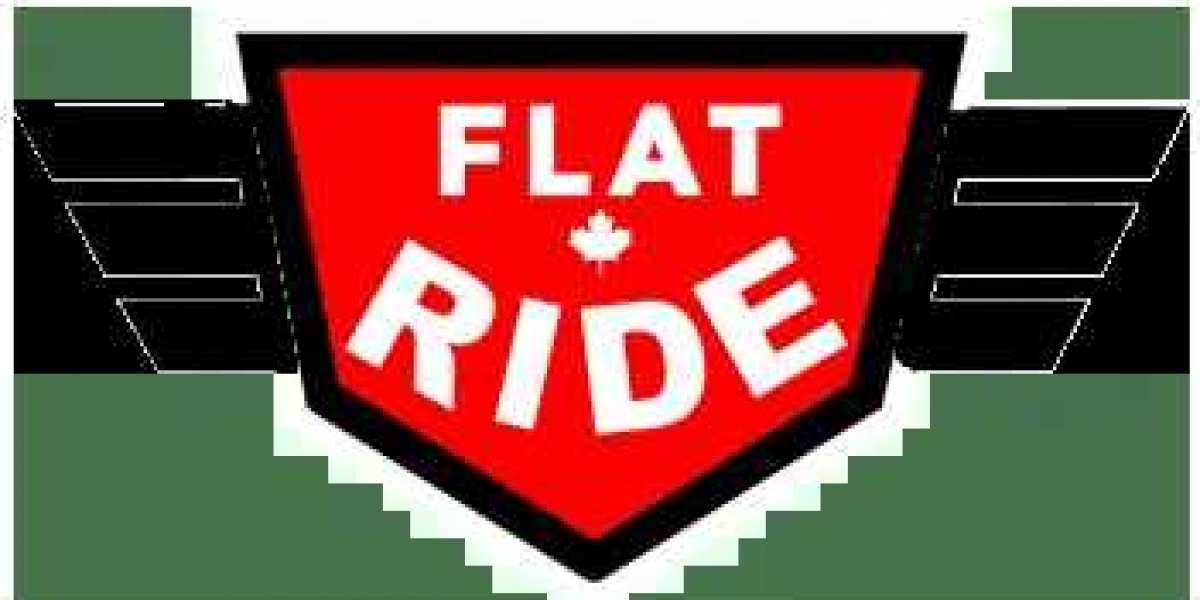You're gearing up for your CBSE board exams and want to make the most of your study time. It's a common dilemma: should you focus on CBSE Previous Year Question paper or Sample paper? The truth is, both have their unique advantages, and the best strategy is to use them strategically in combination.
CBSE Previous Year Question paper: Your Window to the Past (and Future)
- Real Exam Experience: These are actual paper from previous years, giving you the most authentic feel for the exam's format, question types, and difficulty level.
- Pattern Recognition: By analyzing several years' worth of paper, you can identify recurring themes, important topics, and the weightage given to different sections.
- Time Management Practice: Solving these paper under timed conditions helps you simulate the exam environment and improve your time management skills.
- Self-Assessment: They provide a great way to assess your current preparation level and identify your strengths and weaknesses.
Sample paper: A Glimpse of What's to Come
- Latest Pattern and Syllabus: These are designed according to the most recent syllabus and exam pattern, often incorporating any changes or updates.
- Variety of Questions: They expose you to a wide range of questions, including those that might be slightly different from previous years, helping you prepare for unexpected twists.
- Practice and Revision: They serve as excellent practice tools for revising the entire syllabus and solidifying your understanding of key concepts.
The Winning Strategy: A Combined Approach
- Start with Previous Year paper: Begin your preparation by solving CBSE Previous Year Question paper. This will give you a solid understanding of the exam pattern, important topics, and marking scheme.
- Transition to Sample paper: Once you're familiar with the basics, move on to sample paper to practice new question types and revise the entire syllabus.
- Analyze and Learn: Whether you're solving previous year paper or sample paper, always analyze your performance. Identify your mistakes, understand the underlying concepts, and learn from them.







